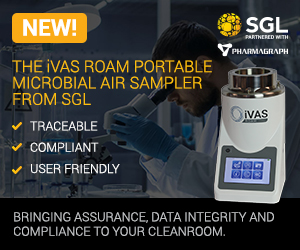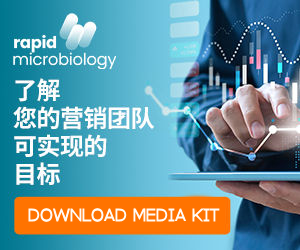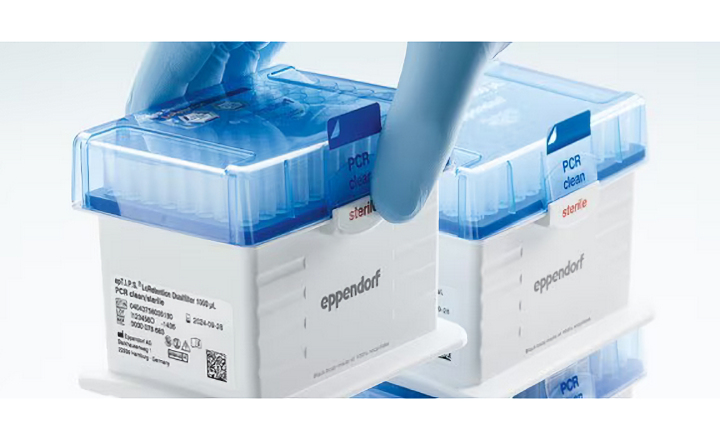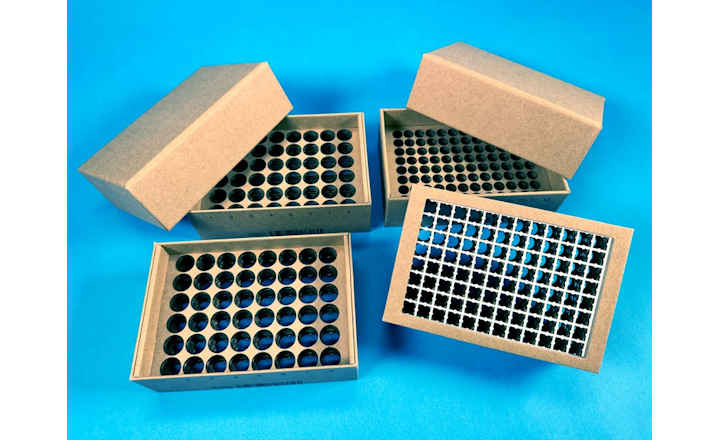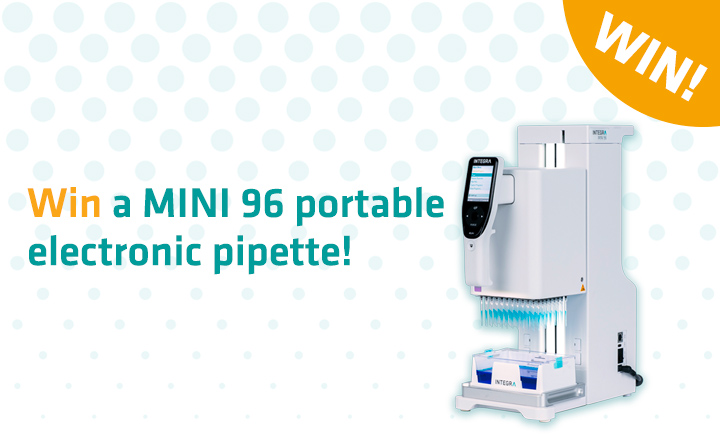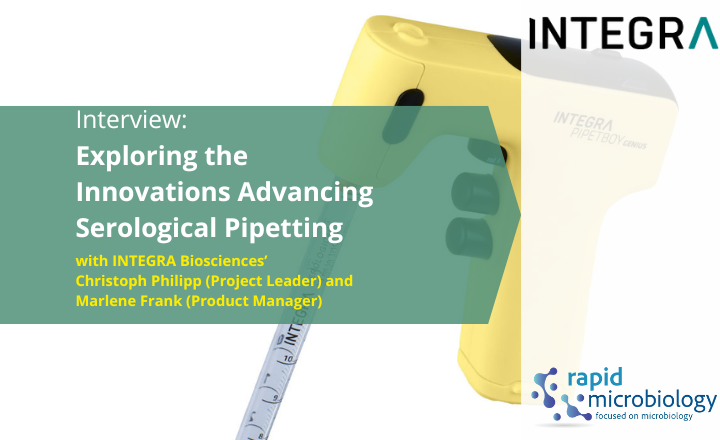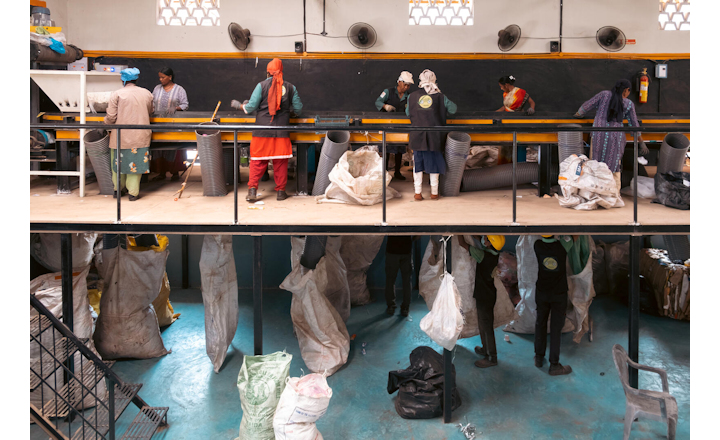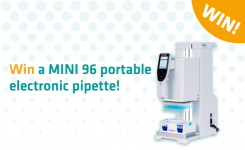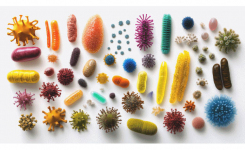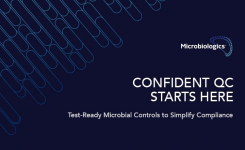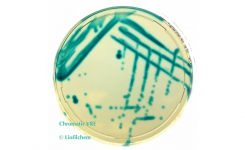- Recycled materials, also known as recyclates, are used for parts of a product that do not come into direct contact with the sample.
- Eppendorf uses Post-Consumer Recyclate (PCR) for disposable racks for pipette tips, which is obtained from leftover materials from the contact lens manufacturing process.
- The transition to recyclates has been initiated primarily for single-use pipette tips racks.
In life science laboratories, where precision and purity are non-negotiable, the demand for environmentally friendly solutions is now higher than ever. Laboratories are grappling with the environmental impact of their activities, and they are aware that the ever-increasing demand for plastic consumables is not resource-friendly. Therefore, to become more sustainable, future laboratory consumables made from plastic materials must be able to be manufactured from renewable or recycled raw materials.
Eppendorf’s commitment to sustainability is evident in many areas, including in the transition of laboratory consumables to biobased raw materials, beginning in 2022. At the same time, recycled materials also show great potential for product parts that do not come into direct contact with the sample. Recycled materials, also known as recyclates, are generally known as re-used plastics made from PE (polyethylene), PP (polypropylene) or PET (polyethylene terephthalate), which have been discarded at least once by households or businesses and which are used for the manufacture of new products.
“The “Post Consumer Recyclate (PCR)” used for disposable racks for pipette tips is of industrial origin, obtained exclusively from leftover materials arising during the contact lens manufacturing process,” says Brigitte Klose, Global Marketing Manager for Consumables at Eppendorf SE. “This type of “single source” intra-type collection of polypropylene from the production of medical products ensures that the recyclate will retain the purity and integrity which are a condition of the manufacturing process of laboratory consumables. We request documentation from our suppliers with respect to the traceability of the recyclate, as well as compliance of all processes with EN 15343:2007.”
Since late May of this year, Eppendorf has initiated the transition to recyclates of those containers that enclose consumables. Initially, this transition pertains to racks for single-use pipette tips which are typically used in laboratories conducting sterile work. These single-use racks are indispensable for the utilization of the pipette tips. The racks provide the pipette tips with stability and protection to the very last tip. Like the pipette tips, these single-use racks must be of the same purity and sterility; thus far, they have been manufactured from highly pure fossil-based polypropylene. “This transition to recyclate will conserve this limited fossil fuel resource, and Eppendorf will achieve a savings of more than 166 tons of CO2 per year” Klose says.
This change in the polypropylene used for the racks' manufacture will not influence the purity, sterility, or stability of the epT.I.P.S.® pipette tips in single-use racks. Our customers can switch easily without suffering any loss of quality, as verified by lot-specific quality certificates.
Visit Eppendorf for more or click on the Request Information button below to connect with the company.


